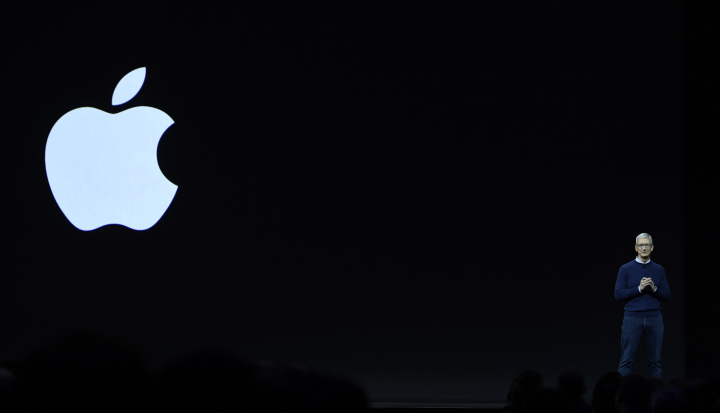
[dropcap]I[/dropcap]f man and machine lived harmoniously in perfect co-existence, Apple would be its all-nurturing Biblical force – assuming the role of guardian over the bliss artificial utopia.
An A11 bionic chip, True Tone display and a surgical-grade stainless steel frame – it’s all we’ve ever wanted in a petite handheld gadget, right?
The new contender for your personal companion has been announced. Unrolled at Apple’s clockwork annual conference on September 12, iPhone X will go on sale to the general public in late October for the not-so-bargain price of €1,179.
It includes digital face recognition – which will replace the current fingerprint ID as the default unlocking method. It’s also got wireless charging, as well as a menagerie of other features.
If you’re not feeling enough buzz to make you go and deposit a lump sum from your savings account, or if, for some reason, you’re not ballsy enough to immerse yourself in the full glory of highly-adaptive intelligent technology, Apple, as always, has some mediocre offerings.
There is the only-moderately upgraded and less attractive little brother – the iPhone 8 – which also comes with an enhanced visual display and something called a ‘2nd generation performance controller’.
Unless you’re a tech aficionado most of Apple’s terminology will sound incredibly phatic. Despite this, it is extremely effective. We all cling to it with fervent attraction, rarely even grasping specifics; but by the time the message has landed we’ve become so convinced we need the latest upgrade that we’re almost willing to sacrifice our own four limbs for it.
Apple stores are known to be a regular source of mayhem on product launch days. The hype around its products, engulfed in hysteria, makes for an intense spectacle and often ends in the disappointment of product shortage.
So how have we become so engulfed in the idea that we need intelligent digital devices to run our lives and carry out the most basic social interactions?
You can read Naomi Klein, whose social analysis proposes you strip the items down to their bare bones and see them for what they are – products.
Being bred in a culture of consumerism means we’ve been inexhaustibly barraged by media messages from birth and have become acclimatized to a lifestyle of mass consumption.
We need an iPhone for the same reason we need to visit Starbucks on a routine work lunch break. We need it to fit into a collective and to engage in conventional social customs; I too tried the new Caramelised Pecan Latte, I too sank into those spongy recliners and watched the crowds of Dublin pass on a busy weekday afternoon, etc.
By definition, this crushes the modern myth of individualism – something that millennials treasure above all else.
“What modern systems of management have managed to do is accept your individualism and your expressiveness, allow you to feel that you are being more and more expressive, while at the same time managing you quietly and happily so you become part of a very large group,” said British political documentary filmmaker Adam Curtis.
After fishing out their target customer base, companies broadcast the same messages – and receive same results – from millions of individuals, yet as part of a devised whole.
This vast expansion is being challenged, but mostly on a local level. Earlier this month we saw local baristas fork out free coffee in several central Dublin districts as a protest to the opening of Starbucks’ new store on Crampton Quay.
In the case of Apple, however, the solution is more complicated than simply opting for a local alternative; as we don’t have any home-made smartphone manufacturers in Ireland, it is practically impossible.
The idea then is to abandon the belief that we need the product altogether.
There is no need to throw away your trusty gadget; instead, what you need to do is throw away the ingrained idea of necessity.
Like their products, Apple’s presentations are full of beauty and elegance. They seduce aesthetically and connect emotionally. The fancy lingo puts the cherry on the proverbial cake by making it easier to convince ourselves our hard-earned buck is being put in the right place. Introduce the concept of detachment.
Yet Apple is still painstakingly good at its craft. It is the market-leader of the tech industry, with an annual revenue of over $230 billion and a reported 97% customer satisfaction rate. To own an iPhone is to own a ground-breaking piece of hardware.
No doubt if Apple made humans, they would be the finest specimens on Earth, possessing dashing, immaculate looks and being capable of multitasking at every level. Fortunately for us, Apple doesn’t make humans. It makes gadgets.
It makes the best gadgets in the world.
Arthur Velker
Deputy Features Editor



